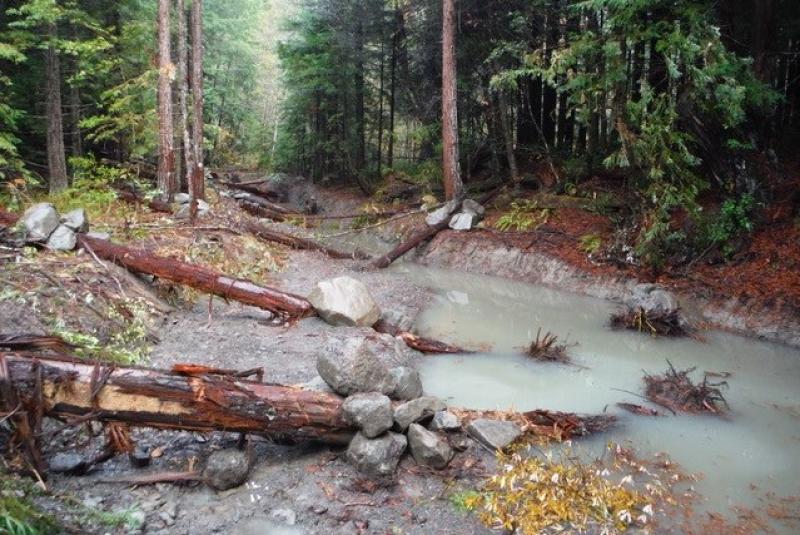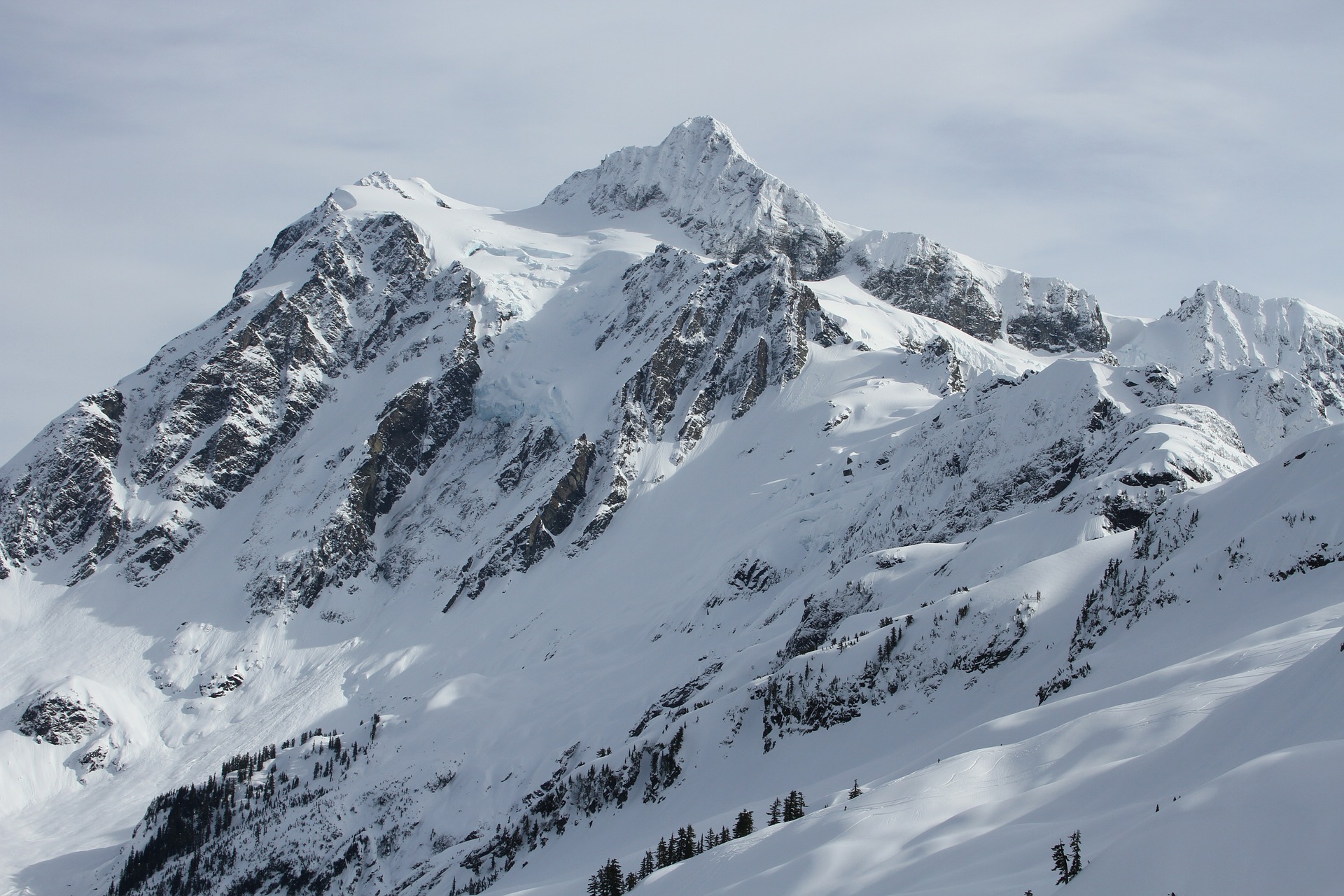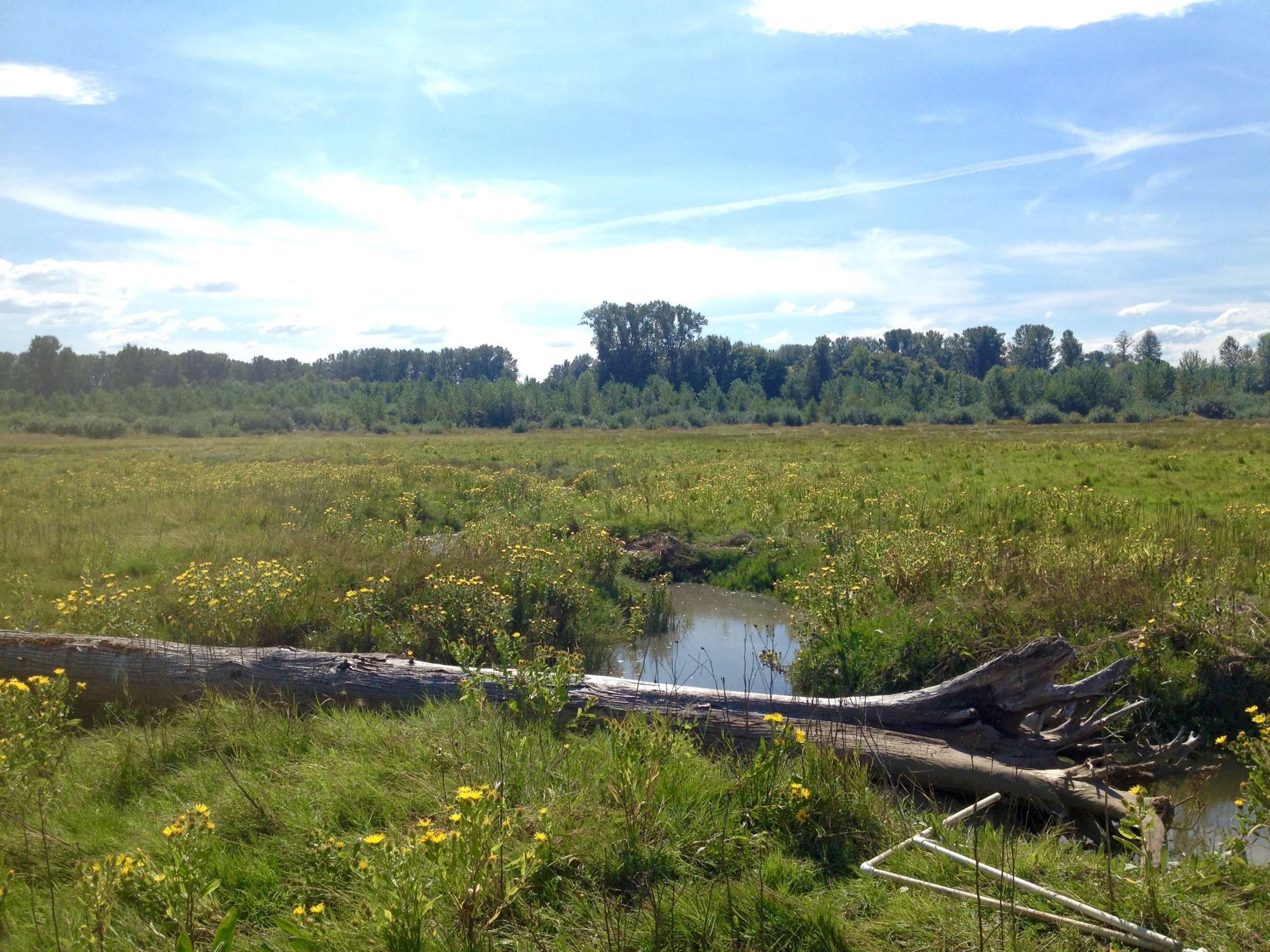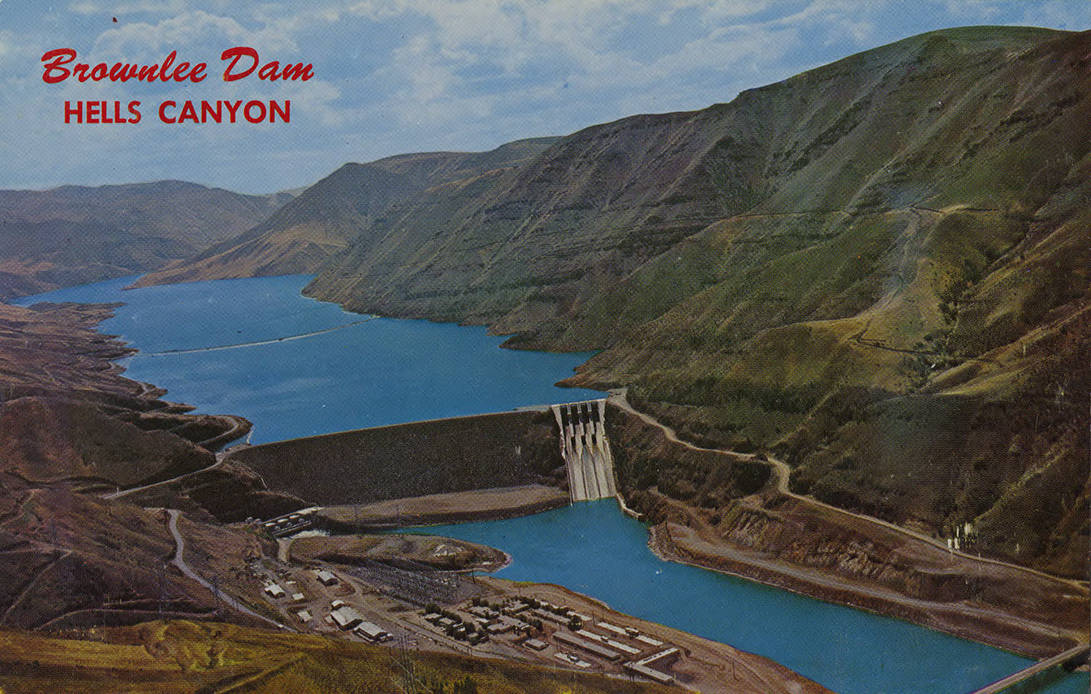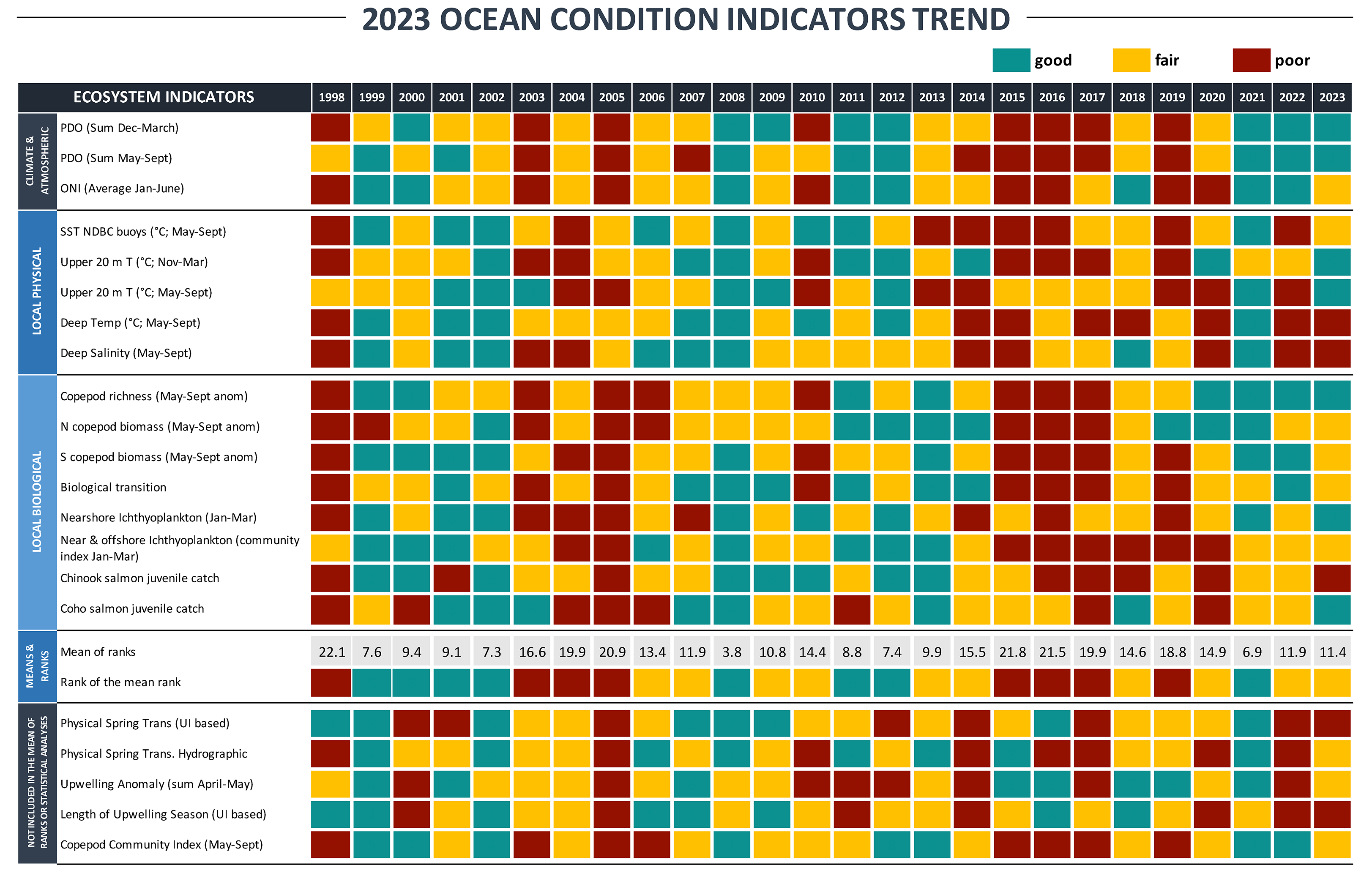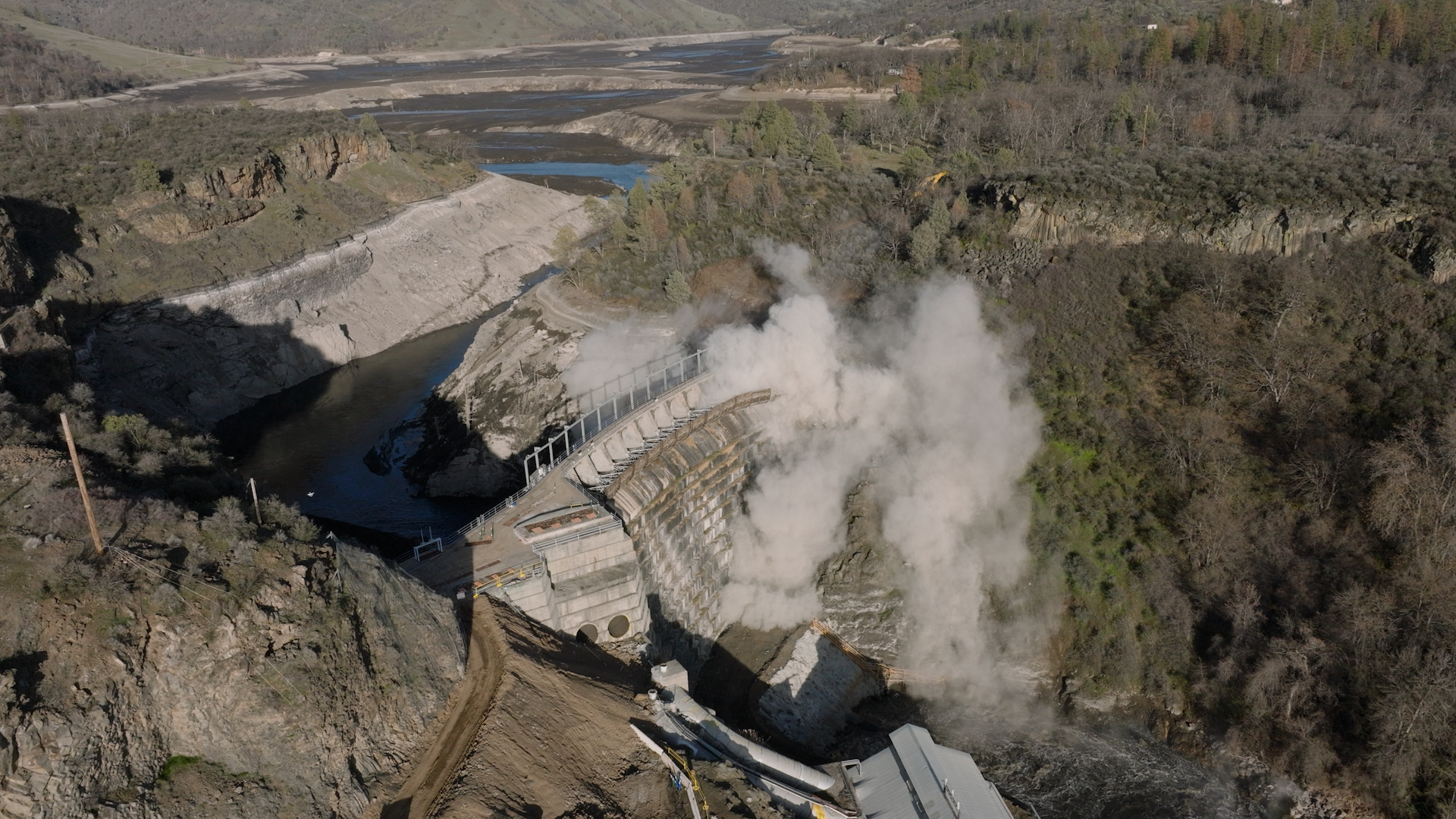Review Of Salmon Habitat Projects Shows Putting Woody Debris In Right Place In Stream Can Lead To Increased Juvenile Numbers
April 18th, 2024
Well-placed woody debris in streams results in a two- to three-fold increase of juvenile salmon, according to a recently completed review.
Columbia Basin Water Supply Forecast Still Projected Well Below Normal; Expect Early Runoff, Lower Flows This Spring/Summer
April 5th, 2024
Water supply forecasts at major dams in the Columbia River basin dropped again during March, with the forecast at The Dalles Dam dropping from 83 percent of normal in February to 80 percent of normal in March, according to the April 3 water supply forecast by NOAA’s Northwest River Forecast Center.
Final ESA Rules Released Restoring Some Protections Tossed Out By Trump Administration; Groups Want Further Actions
April 5th, 2024
Newly released changes to the rules implementing the Endangered Species Act are intended to restore protections overturned under the Trump Administration, while providing clarity for state and Tribal wildlife agencies. Some discarded rules were not reinstated.
USFWS Report Shows Wetlands Loss Has Increased By 50 Percent Since 2009, Half Gone Since 1780s
April 5th, 2024
A new report released by the U.S. Fish and Wildlife Service reveals wetlands – 95 percent of which are freshwater — covered less than 6 percent of the lower 48 states as of 2019 – which is half the area they covered since the 1780s. The report also identifies that loss rates have increased by 50 percent since 2009 and that without additional conservation actions taken to protect these ecosystems, wetland loss will likely continue, reducing ecosystem benefits for people and habitat for fish, wildlife and plants.
Dam-Sheds: Tribes Report Calculates Loss Of Spring/Summer Chinook On Upper Snake River Due To Dams At 1.4 Million Fish
March 22nd, 2024
An estimated 1.4 million spring/summer Chinook salmon were lost after multiple dams were constructed on the upper Snake River, according to a loss assessment recently completed by the Upper Snake River Tribes Foundation.
Ocean Conditions Key For Columbia River Basin Salmon/Steelhead Survival, NOAA Researchers Say About Average In 2023
March 22nd, 2024
urvival of Columbia River basin salmon and steelhead is poor – in most cases less than 2 percent smolt to adult returns – compared to a Northwest Power and Conservation SARs goal of 6 percent, according to a presentation at the Council’s March meeting.
Work Progresses On Removing Second Of Four Dams On Klamath River; Copco No. 1 Should Be Gone By End Of Summer
March 22nd, 2024
Following a successful test blast, the Klamath River Renewal Corporation will proceed with the removal of the Copco No. 1 Dam, the second dam to be removed as a part of the Klamath dam removal project. The Copco No. 1 Dam, constructed in 1918 for the sole purpose of hydroelectric power generation, has blocked fish passage for over 100 years and is expected to be fully removed by the end of August.
February’s Lower Temps, Normal Precip Gives Slight Improvement To Columbia Basin April-August Water Supply Forecast; 83 Percent Of Average
March 7th, 2024
With lower-than-normal temperatures and near normal precipitation in February across the Columbia River basin, the March water supply forecast is showing some improvement over the last two months.
EPA Proposing To Add Upper Columbia River To Superfund List; High Level Of Lead, Arsenic Pose Unacceptable Risk To Children
March 7th, 2024
The U.S. Environmental Protection Agency announced this week it is proposing to add the Upper Columbia River Site in northeast Washington to the National Priorities List, the list of hazardous waste sites in the United States eligible for cleanup financed under the federal Superfund Program.

